Is your commercial facility prepared for a large-scale power failure? Chances are, your facility is like a majority of commercial buildings across the country that are not equipped to handle a complete loss of power.
A sobering example is the 2003 Northeast blackout that left 58 hospitals in New York City reliant on backup power sources. Half of the city’s hospitals experienced issues with their generators. Some problems are the result of insufficient knowledge of the generators’ performance during a blackout. Other hospitals did not have enough generators to fully restore power.
Multiple surveys indicate a wide gap between what commercial facilities have, what they need, and what they want. Even buildings with backup power systems may not be fully equipped to handle a complete power loss for an extended period.
It’s time to access your backup power needs before the next power failure. Power grid outages are not predictable and can occur at any time. Even though prolonged blackouts aren’t common, having backup power in your commercial facility ensures daily operations can continue.
Did you know we have an entire blog feed dedicated to Power Supply Systems? We cover everything from, backup-power, UPS, emergency power, solar power, microgrids, and more. You can review the blog feed here.
Power Outages in Commercial Facilities are Becoming More Common
Weather-related power outages are becoming more common, doubling in number since 2003. These power outages are typically caused by disturbances on power lines resulting in blackouts. Some severe storms can even disrupt entire sections of the power grid.
The United States has been improving the nation’s grid for years. Load capacity is increasing, and advanced monitoring technology is being implemented. However, these advancements do not help commercial facilities when the power goes out.
Along with severe weather, control errors, and operational mismanagement can also trigger blackouts. Overloads can occur due to coordination failures, and power lines can be brought down by leaning poles or falling trees and branches. The Transmission & Distribution system’s reliability depends on more than load capacity.
Industry experts state; Power cuts are becoming more and more frequent. Large-scale, super-regional blackouts are increasingly a realistic scenario. Even small outages can have disastrous effects on unprepared businesses.”
While the nation’s emergency power systems are updated regularly to meet new codes and guidelines, it’s not always enough to prevent failures and outages. Exceeding code when it comes to the location of backup power components can help increase the reliability and resiliency of the power system.
Commercial Facility Backup Power Systems are the Best Defense Against Blackouts
Power failures can occur at any commercial facility. Severe weather and human error can leave your facility in the dark. The best time to prepare is before a power outage, instead of after the lights go out.
Create a Backup Power Plan
Regardless of the type of facility, you should have a backup power plan in place. The plan should deal with both short and long-term power outages.
As you are creating your backup power plan, a few key points to consider include the following.
- At the basic level, you should have either a gas or diesel-powered generator capable of powering your critical systems. Contact a commercial electrician to test your load and review the requirements. You may also be able to get the facility’s usage data and averages from your local power provider to determine the size and capacity of the backup power system.
- An ATS (Automatic Transfer Switch) may be required. It monitors utility power at your facility, automatically transferring power to the generator when an outage occurs. When electrical power is restored, the switch automatically shuts off the generator and transfers power back to the utility.
- Some facility owners and managers may want to install a UPS to handle short-term power outages. It keeps devices like computers and servers functioning as power is transferred to and from the generator.
- Don’t forget about generator maintenance and system testing. Even the best-placed generators can fail during a power emergency. A common reason for a backup power system failure is a lack of maintenance and testing. Occasionally running your generator helps ensure it is ready when you need it.
- Whether it’s a gas or diesel-powered generator, you should have a fuel management plan. It means knowing how long your current fuel supply will last and how to restock. Have a plan to account for various scenarios. Plan for down gas lines and obstacles preventing fuel trucks from getting through. You also want to consider generator placement. Think about potential flooding before installing a backup power system.
Working out the details on these points will help ensure your commercial facility is ready for a power failure.
Backup Power System Installation with Action Services Group
With power failures becoming more common, you want your facility to be ready. If you are not sure about the type of generator you need or have questions about creating a backup power plan, we can help. Contact us today to learn more about commercial facility backup power systems. Call 610-558-9773 or email [email protected] or schedule a call.

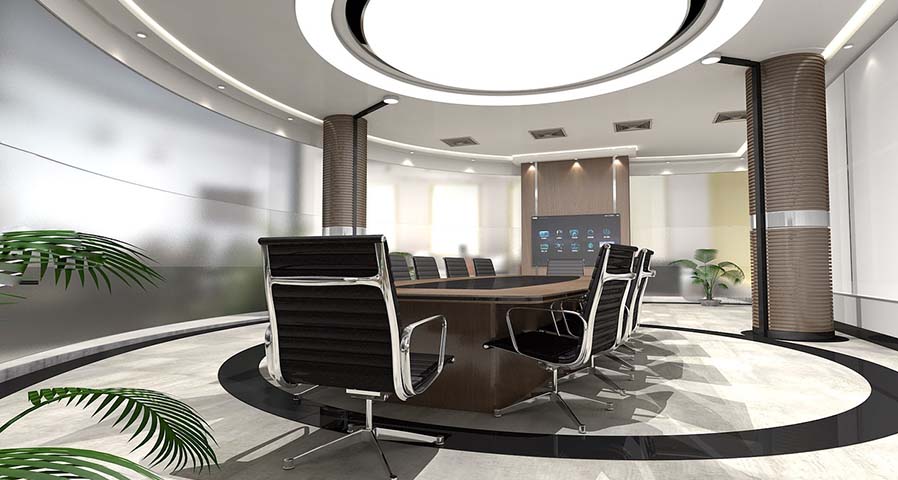

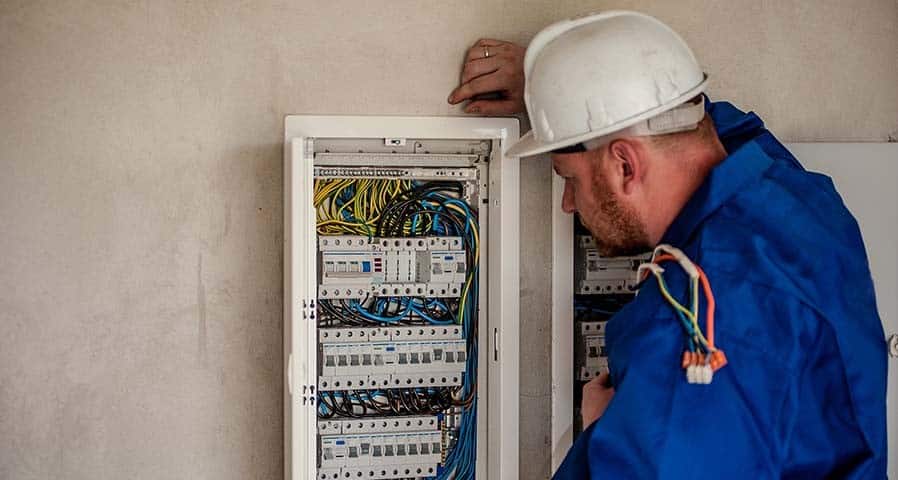
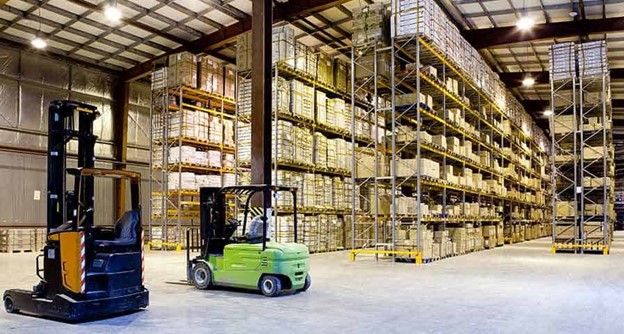
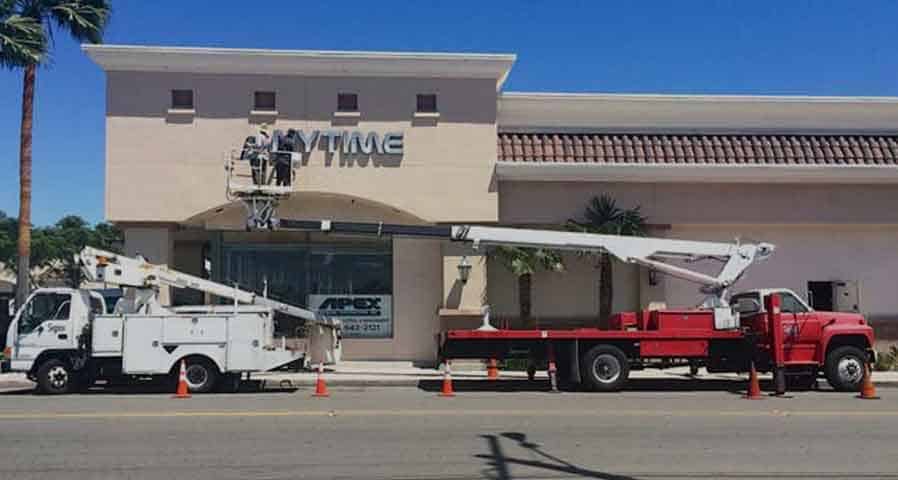

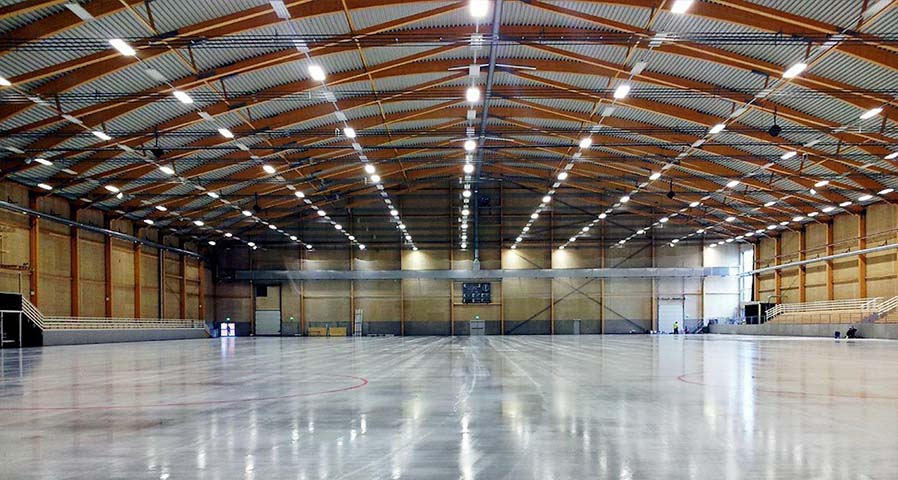
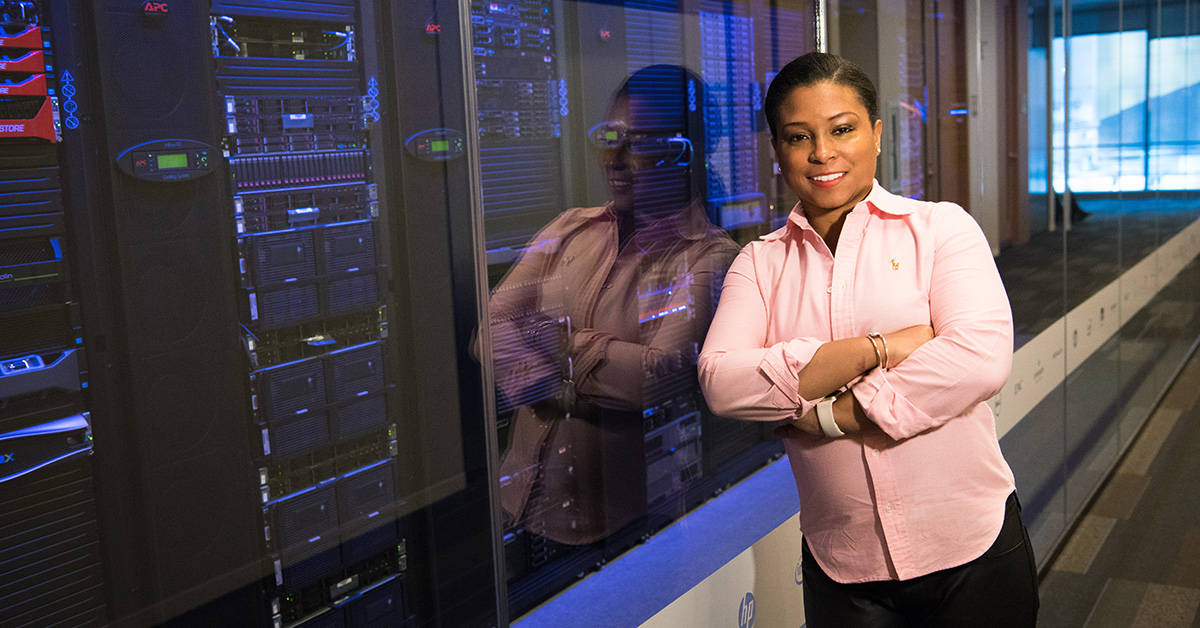







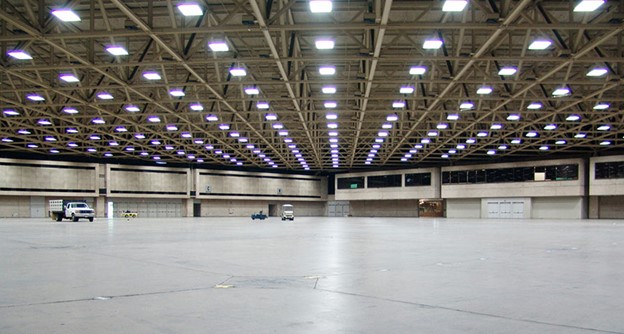
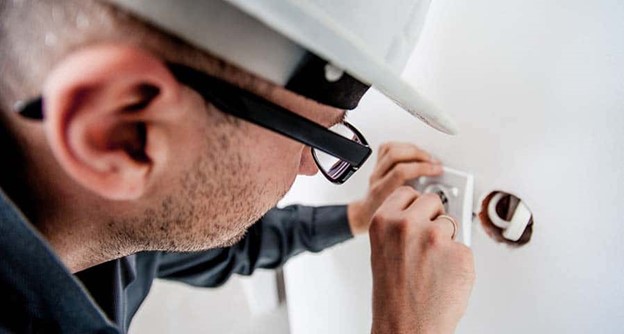

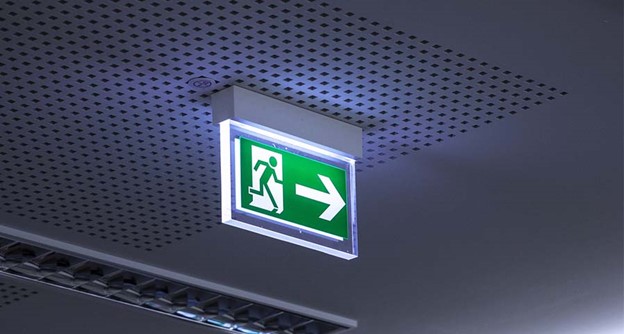
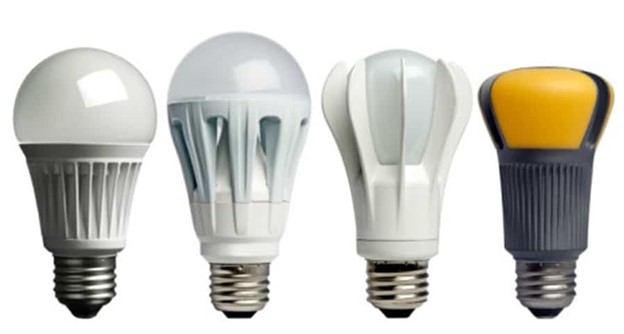
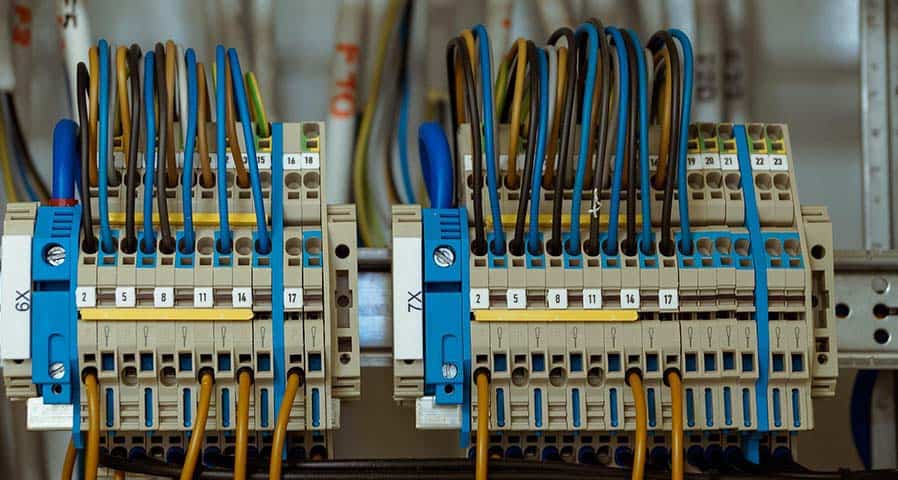
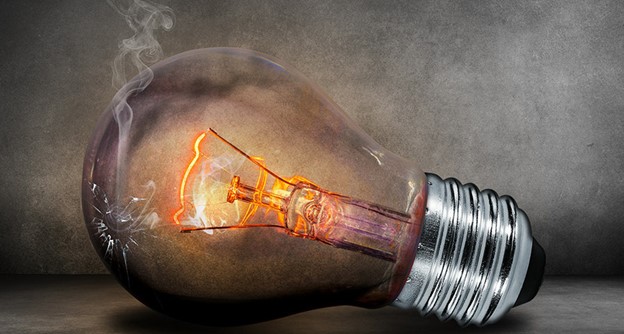
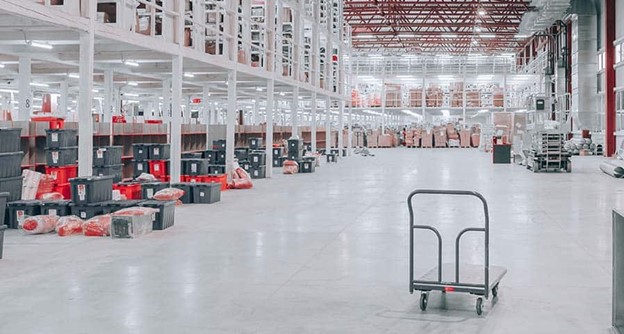
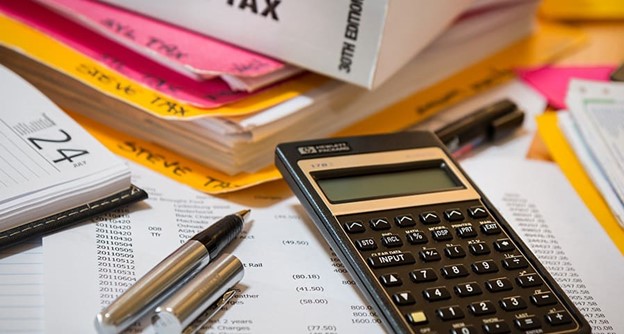
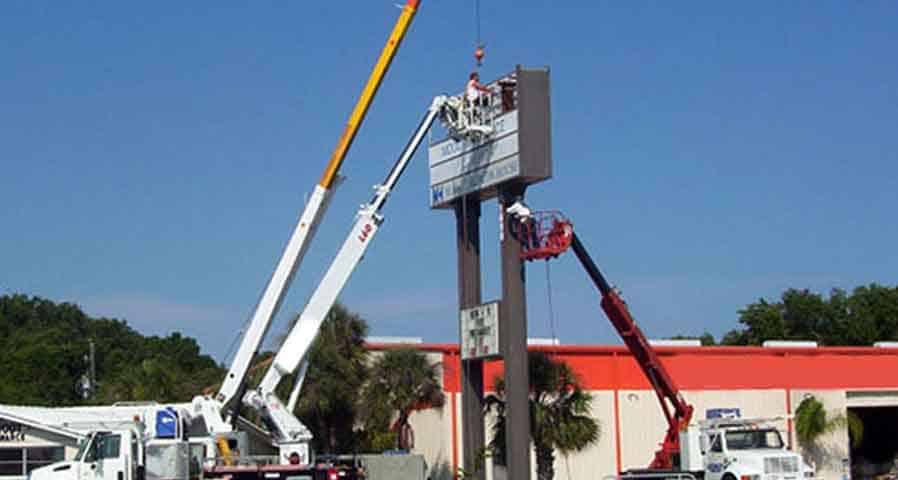

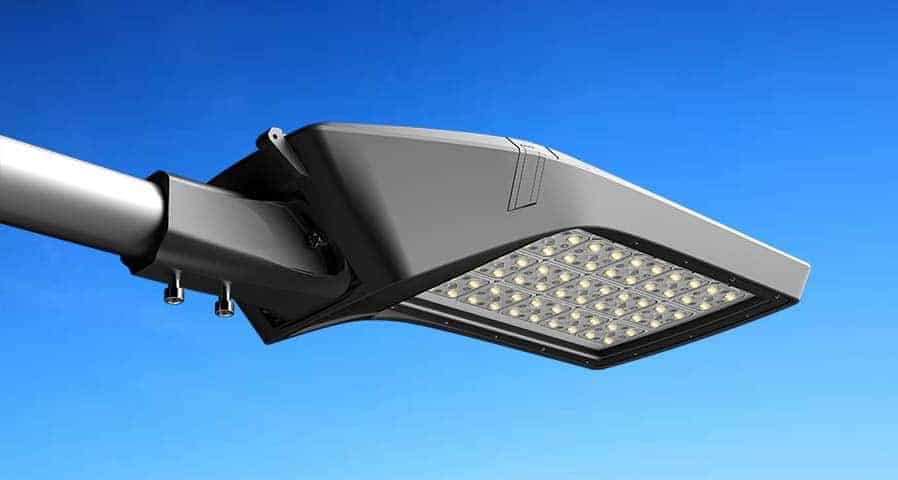
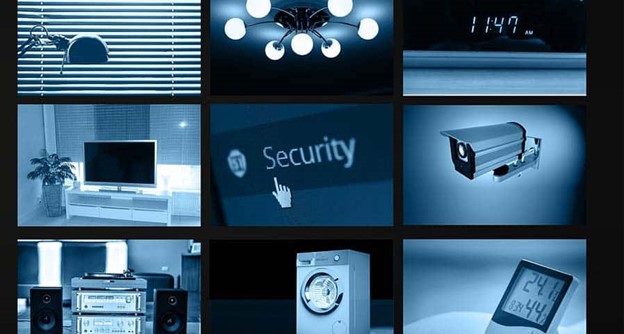
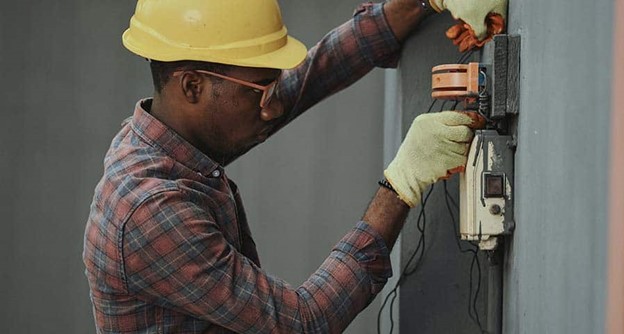
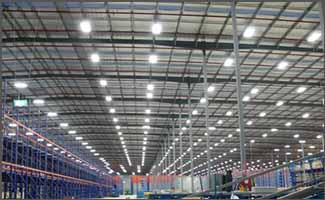


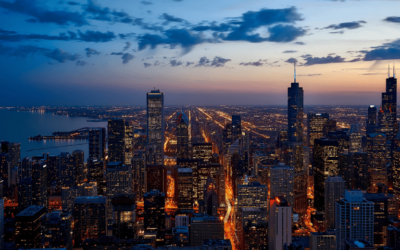




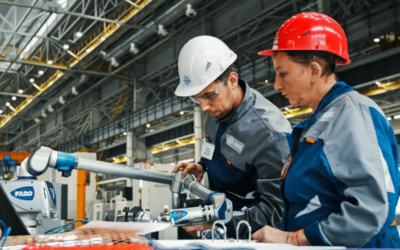
0 Comments